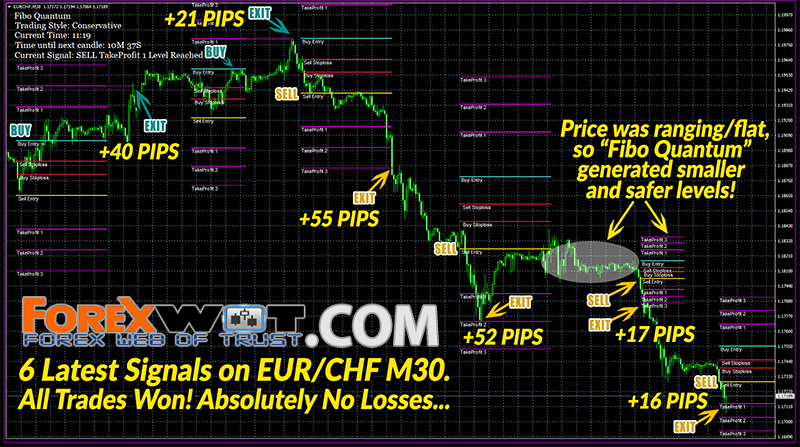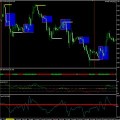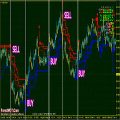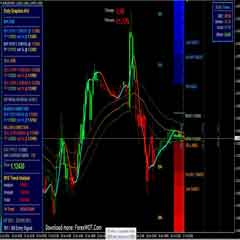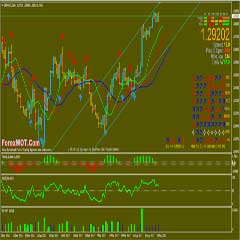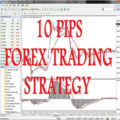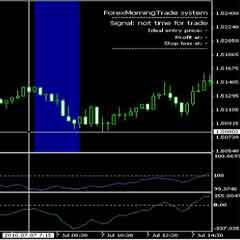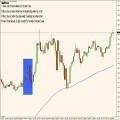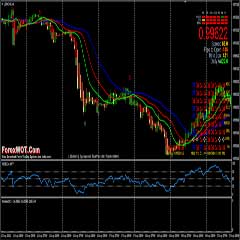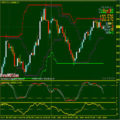How can currency traders at banks make so much money when retail forex traders lose so much money?… Is it due to being better informed by research? Better trading technology? Or something else?
The trading of banks and the one from retail investors is diametrically opposed. Traders at banks are no more than market makers. What they do is quote the bid and ask at which they are willing to buy and sell a specific currency pair.
Retail Forex Traders Have to Pay the Spread
In the other hand retail forex traders take views on the pair. Normally they have to pay the spread to be able to get some action (they can also sit on the bid or on the offer) but if they want to make sure that they get the pair they pay the spread. What does this mean?…
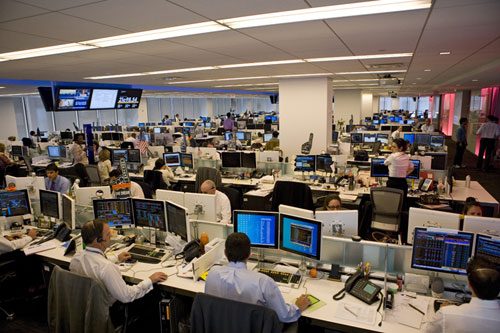
Imagine that, for the sake of the argument, a currency pair stays in the same level because every time someone is buying it from the market maker, someone is selling it at the same time.
Imagine that the quote is 1.50/1.55. This means that the bank is willing to buy at 1.50 and willing to sell at 1.55.
If retail traders, asset managers, hedge funds and the likes really want to trade that pair, they are all going to be buying at 1.55 (those that want to buy) and selling at 1.50 (those that want to get short)
The bank is making a profit of 5 cents every single time that there are opposite trades in the markets just by quoting this spread. This would be a perfect case for the bank, but what really happen in the markets?
Global Network for Exchange
The banks buy and sell FOREX from each other in what is known as the interbank market. This global network for exchange among pros allows dealers to adjust their inventories and risky positions (among other things).
The bid/offer spread quoted in the markets to clients is slightly wider than the bid/offer spread in the interbank. So imagine if in the interbank the quote is 1.52/1.53. The bank after someone buys a pair from him at 1.50 in the market can go ahead and sell that pair at 1.52. Doing this the trader gets out of risk and already makes a profit (almost arbitrage). So, as you can see, no move needs to happen for the banks to make money due to trading in FOREX.
(it is simplified, but not wrong ;))
For a retail investor to make money they actually need the pair to move to where they predicted it will move, and actually, in the short-term the FOREX markets are better represented by a random-walk, which means that they are almost impossible to predict.
The real trade that can be performed in FOREX and that occurs due to the fact that the uncovered interest rate parity proposition doesn’t hold all times is the well known “carry trade.”

